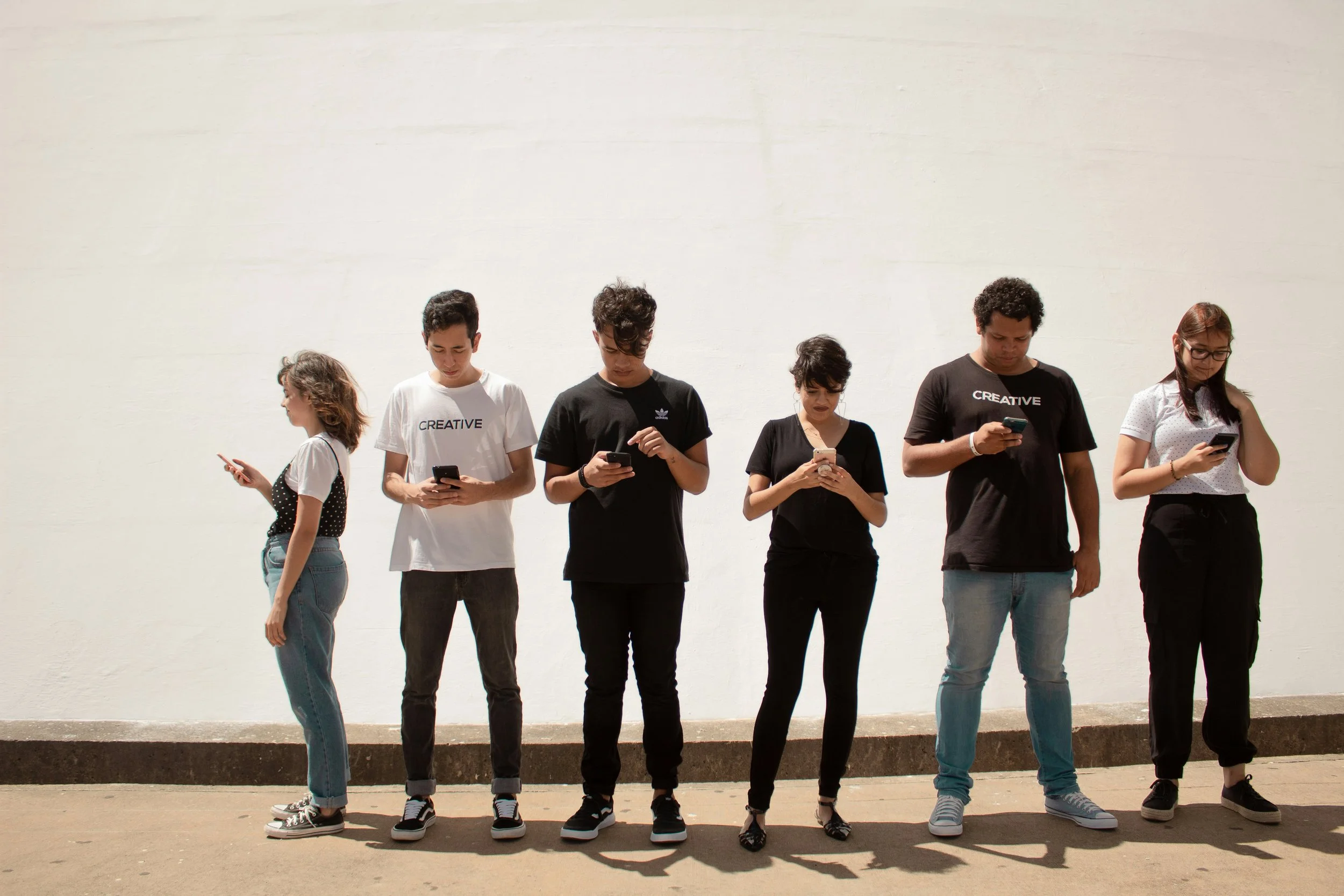Social media impacts our brain, here’s what you can do.
We have to look at more than just nutrition and good sleep to support our brain. Social media has a significant impact on dopamine levels in the brain, affecting mood, behavior, and even addiction-like responses.
Dopamine and the Brain
Dopamine is a neurotransmitter associated with pleasure, reward, and motivation. It plays a key role in the brain’s reward system, which reinforces behaviors that are essential for survival, like eating and social interactions.
Impact of Social Media on Dopamine
Positive Reinforcement: Social media platforms are designed to provide frequent and unpredictable rewards, similar to gambling. Likes, comments, shares, and notifications act as positive reinforcements, triggering dopamine release and creating a sense of pleasure and reward.
Variable Rewards: The unpredictable nature of rewards on social media (e.g., not knowing how many likes a post will get) creates a variable reward schedule. This is highly effective in increasing dopamine levels and can lead to compulsive checking of social media platforms.
Social Validation: Human beings have a natural desire for social validation. Social media provides immediate feedback on social status through likes and comments, which can increase dopamine levels, reinforcing the behavior of posting and engaging with content.
Comparison and Envy: While positive feedback can increase dopamine, negative comparisons can reduce dopamine levels, leading to feelings of inadequacy and envy. This can create a cycle where individuals seek more social media engagement to regain the positive feelings.
Attention and Engagement: High engagement on social media keeps the brain constantly stimulated, leading to sustained dopamine release. This constant stimulation can reduce the brain’s ability to focus on tasks that are less immediately rewarding, affecting attention spans and productivity.
Long-term Effects
Tolerance and Dependency: Continuous high levels of dopamine release from social media use can lead to tolerance, where more engagement is needed to achieve the same level of pleasure. This can result in dependency and addiction-like behaviors.
Reduced Real-life Social Interactions: Over-reliance on social media for dopamine can reduce the motivation for real-life social interactions, which might not provide the same immediate rewards. This can impact social skills and relationships.
Mental Health Issues: The fluctuations in dopamine levels from social media use can contribute to mental health issues such as anxiety, depression, and low self-esteem. The pressure to maintain a certain online image can exacerbate these issues.
Social media’s impact on dopamine involves complex interactions…
between positive reinforcement, variable rewards, social validation, and the psychological effects of comparison. While it can enhance feelings of pleasure and connection, it can also lead to negative consequences like addiction, decreased attention spans, and poor mental health. Managing social media use mindfully and understanding its effects on the brain’s reward system can help mitigate these risks.
Here are some tips to help you achieve a balanced and healthy relationship with social media:
Set Time Limits
Daily Limits: Use apps or built-in smartphone features to set daily time limits for social media use.
Scheduled Breaks: Allocate specific times of the day for checking social media and avoid using it outside these periods.
Limit Notifications
Disable Non-essential Notifications: Turn off notifications for non-essential apps to reduce the urge to check your phone frequently.
Set Notification-free Periods: Have periods during the day where you turn off all notifications to focus on other activities.
Practice Digital Detoxes
Regular Breaks: Take regular breaks from social media, such as digital detox weekends or week-long breaks.
Designated No-Screen Times: Establish certain times or places (e.g., during meals or in the bedroom) where social media use is not allowed.
Balance Online and Offline Life
Real-life Interactions: Prioritize face-to-face interactions and activities over online ones.
Engage in Offline Hobbies: Spend time on hobbies and activities that do not involve screens.
Be Aware of Your Emotions
Reflect on Usage: Regularly reflect on how social media use makes you feel. If it often leads to negative emotions, consider adjusting your habits.
Seek Help if Needed: If social media use is significantly impacting your mental health, seek support from a mental health professional.
Curate Your Feed
Follow Positive Accounts: Follow accounts that inspire, educate, and uplift you.
Unfollow or Mute Negative Content: Remove or mute accounts that make you feel anxious, envious, or unhappy.
Engage Mindfully
Quality Over Quantity: Focus on meaningful interactions rather than the number of likes or comments.
Be Present: When engaging with content, do so mindfully and avoid mindless scrolling.
Educate Yourself and Others
Learn About Impacts: Stay informed about the effects of social media on mental health and share this knowledge with others.
Promote Positive Use: Encourage friends and family to adopt healthy social media habits.
Use Social Media Tools
Analytics Tools: Use built-in analytics tools to monitor your usage patterns and adjust accordingly.
Well-being Features: Many social media platforms offer features designed to promote well-being, such as reminders to take breaks or tools to manage screen time.
Create Before You Consume
Be a Content Creator: Focus on creating and sharing your own content rather than just consuming others' content.
Share Authentically: Share authentic experiences and avoid curating an idealized version of your life.
Adopting these strategies can help you maintain a healthier relationship with social media, ensuring it adds value to your life without detracting from your well-being.
By setting boundaries, engaging mindfully, and balancing online interactions with offline activities, you can enjoy the benefits of social media while minimizing its potential downsides.
We are founded on the belief that in everything we do, we are all craving happiness and joy, and feeling great in your body is the best way to achieve it.
NOTE: the information provided on the site is for educational purposes only, and does not substitute for professional medical advice


